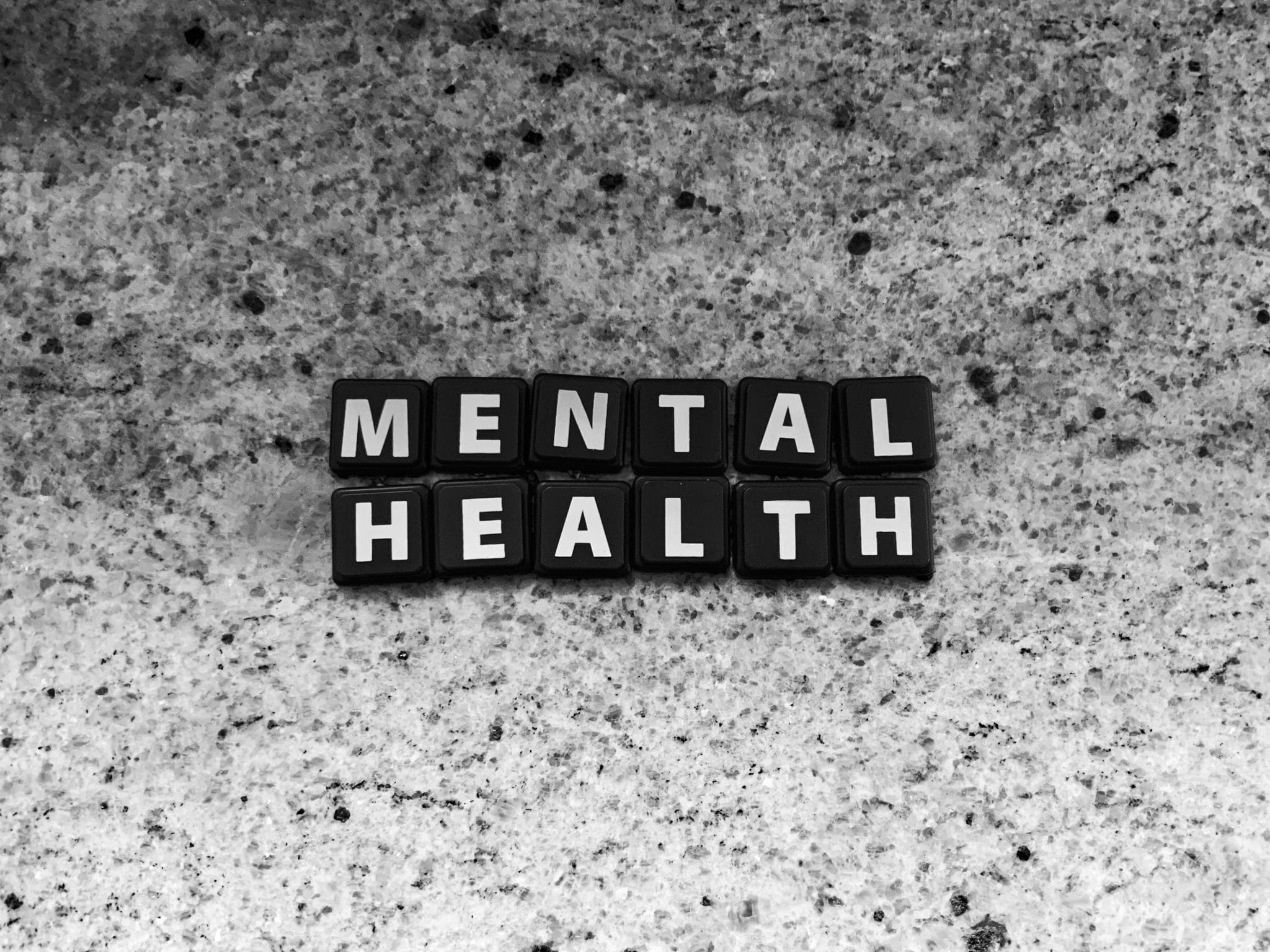SAMHSA Bulletin for Law Enforcement & First Responders
Originally published by Substance Abuse and Mental Health Services Administration (SAMHSA)’s email newsletter, POAM is glad to highlight these resources for our members.
Resources for First Responders
Police, firefighters, and emergency medical services (EMS) personnel work on the front lines of response to individual and community crises. As a result, they may face an increased risk of mental health and substance use issues and conditions. As reported in the Supplemental Research Bulletin, it has been estimated that 3 in 10 first responders may develop depression, posttraumatic stress disorder (PTSD), and other mental illnesses or substance use disorders, versus 2 in 10 of the general population.
The SAMHSA Disaster Technical Assistance Center (DTAC) offers an online resource portal and several free online pieces of training to make first responders aware of the risks of their work and equip them with coping strategies. The following courses can help responders identify signs of stress, manage stress, enhance resilience, and find professional support if needed.
Responders Resource Portal
This part of SAMHSA DTAC’s website highlights tips for stress management for first responders and disaster responders. On the portal are descriptions and links to the online training SAMHSA DTAC has developed for first responders, as well as webcasts, tip sheets, and other pieces of training.
Creating Safe Scenes
This online course teaches police, firefighters, and EMS professionals how to better aid individuals in crisis. It covers mental illness and substance use disorders, as well as techniques for working with individuals in crisis to connect them with resources and maintain safety. This course is accredited by the Commission on Accreditation for Pre-hospital Continuing Education (CAPCE), which reviews and approves continuing education for EMS professionals.
Working on the Front Lines of the Opioid Crisis
SAMHSA DTAC produced this hour-long online course to help address the impact of the opioid crisis on first responders. The CAPCE-accredited course covers stressors first responders may face when responding to opioid overdose calls; signs of distress responders may notice in themselves or their peers; and strategies, resources, and exercises that may be helpful for coping.
Shield of Resilience
This 1-hour course for law enforcement officers covers stressors unique to work in their field; the heightened risk among law enforcement officers of specific mental illnesses and substance use issues and conditions; and signs and symptoms of stress, depression, PTSD, and risk of suicide. The course provides guidance on how to engage in peer-to-peer support, as well as identifying resources for building resiliency and accessing professional mental health treatment.
Service to Self
Designed specifically for fire and EMS personnel, this 1-hour course addresses occupational stressors in these fields; heightened risk of depression, PTSD, suicidal thinking or behavior, and alcohol use among fire and EMS professionals; and healthy coping. The course is accredited by CAPCE.
Help Improve SAMHSA’s Disaster Services and Products
As a subscriber to this newsletter, you are invited to participate in a short, web-based survey to provide the SAMHSA Disaster Technical Assistance Center (DTAC) with feedback about your experiences with our products and services. The survey should take no more than 15 minutes. Complete the survey by clicking on this link.
Subscribe to The Dialogue
The Dialogue is a quarterly e-newsletter that provides practical and down-to-earth information for disaster behavioral health coordinators, local service providers, federal agencies, and nongovernmental organizations. You can subscribe to the newsletter or contact the SAMHSA Disaster Technical Assistance Center (DTAC) by email at [email protected] to contribute an article to an upcoming issue.
Questions About the SAMHSA DTAC Bulletin?
The SAMHSA DTAC Bulletin is a monthly newsletter used to share updates in the field, post upcoming activities, and highlight new resources. For more information, please contact:
Captain Erik Hierholzer:
240-276-0408
[email protected]
Nikki D. Bellamy, Ph.D.:
240-276-2418
[email protected]



Leave a Reply